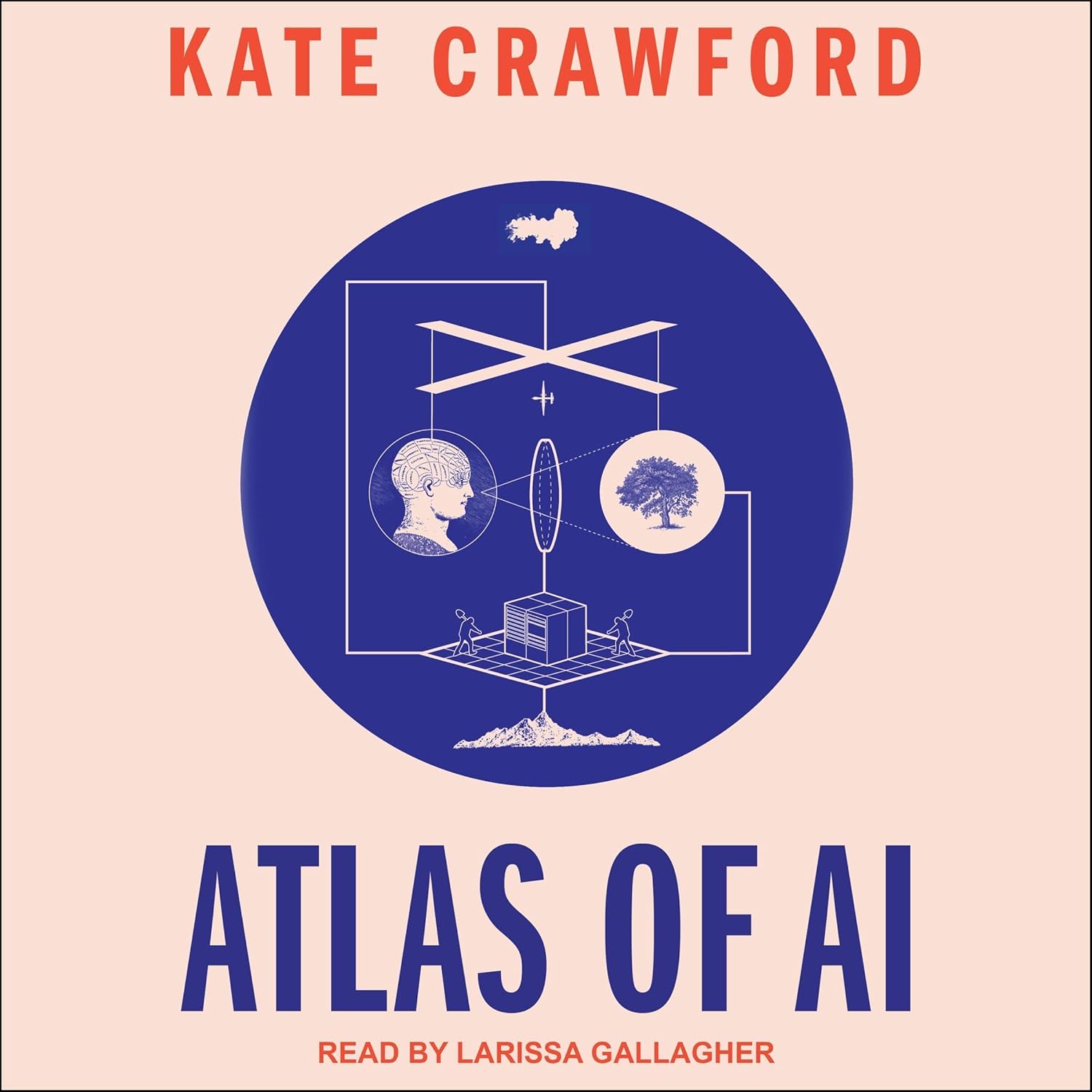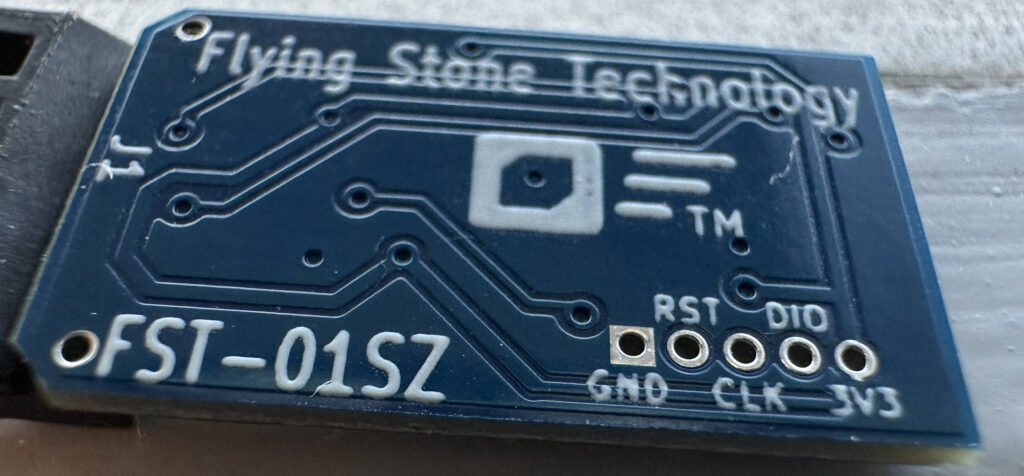Author: HStill
Source
Sponsored:
Atlas of AI: Power, Politics, and the Planetary Costs of Artificial Intelligence - Audiobook

Uncover the true cost of artificial intelligence.
Listen now, and see the system behind the screens before the future listens to you. = > Atlas of AI $0.00 with trial. Read by Larissa Gallagher
Imagine you created your very first app. You developed the concept, worked
tirelessly on the key features, design, tested it and fixed the bugs. The
moment has finally arrived and you are ready to share your creation with the
world. But how? App stores are a great tool for sharing apps with end users,
but each store has its own unique requirements, upload and approval process
and for some, such as the Google Play Store, you need to pay a developer
registration fee and create an account including a physical address to even
get started.
If you are a new developer, trying to bring your first app to market, the
learning curve can feel a little steep. Once you have done it the first
time, one could argue that the process feels somewhat familiar. However with
each new release, each new update for your app, comes additional manual
steps to follow.
So, if you were faced with the choice of navigating the app deployment and
upload process with one app store, or doing it several times over with
different app stores, with unique requirements and deployment processes,
what would you choose?
For most new Android developers, the answer is simple, just get the app on
Google Play and call it a day. And the reality is that the conversation
often stops there for many mainstream Android app developers, feeding the
monopoly and strengthening the hold Big Tech has on the market.
F-Droid is of course an excellent FOSS based alternative for those looking
for a privacy-focused, community-led app store. But we are not the only app
store solution developers could choose from. So what if there was a way to
open up the market for new and existing developers by creating some fair and
healthy competition? What if we could streamline the app deployment process,
making it easier for developers to upload their APK to multiple stores at
the push of a button? Well, this is exactly what F-Droid will be focusing on
creating, for our initial contribution to the
Mobifree project.
User Research to Discover Pain Points and Potential Solutions
To get started we began with a series of user research interviews to gain a
deeper perspective on the current challenges developers and alternative app
stores have, when it comes to app deployment. We paid particular attention
to various compensation models favored by the developers and explored how to
incorporate easy payment options into our solution
The results of the study were clear, developers are interested in listing
their app on alternative app stores, but the app deployment and upload
process to multiple stores is not straightforward. This results in a
centralized market, with the majority of mainstream apps simply ending up on
one app store. If we want to decentralize the market, and create more choice
for developers and end users, then we need to make it easier for developers
to list their app on multiple stores, streamline the update process, and
consider developer compensation in our solution as well.
After successfully identifying the pain points, some market research
participants pointed out a FOSS-based solution on the market that solves
some of them – Fastlane. Fastlane is an
open-source platform aimed at simplifying Android and iOS deployment, by
helping developers automate their development and release workflow. We had
already been exploring how we could potentially use a Fastlane framework for
our idea, so when some of our study participants mentioned they were already
implementing Fastlane tools to automate their Google Play launches and
updates, we took that as a good sign.
However we noticed some limitations within the Fastlane framework. Their
main focus is automating the app deployment, upload and review process for
the two biggest players – Google Play and the Apple App Store. Our goal is
to create a workflow that automatically deploys and uploads to multiple
stores simultaneously, helping diversify the market.
In addition to Fastlane´s app upload feature, the Fastlane core team and
community have created a nice list of additional
plug-ins for developers to further
automate various aspects of the app development, screenshot generation,
testing, uploading and the updating process.
Once we begin the development process, we will have a clearer idea of how we
can lean on Fastlane´s existing framework, for our own solution.
Accounting for Financial Sustainability
Our aim is to create a solution that is streamlined and straightforward,
encouraging a decentralization of the app market in general. But in order to
create a solution that will be mainstream enough to make in-roads into the
hold Big Tech has on the market, we need to consider how to streamline the
payment processes as well, making it easy for developers receive financial
compensation. Therefore, we included compensation model preferences in our
interviews with developers to gain insight into their values and
preferences.
When it came to preferred compensation models such as pay-to-download,
in-app payments, donations or subscription-based models, it became clear
that the preferred model was highly dependent on the type of app and user
base.
Some developers we interviewed noted a preference towards the old school
pay-to-download approach. With this compensation model, users pay a one-time
fee to download the app from an app store. The transaction occurs before the
users has access to the app.
For app stores like Google Play, this is straightforward as they have their
own built in licensing service where distributing and verifying license keys
is handled internally and the tool is of course proprietary.
If we want to create a solution that includes a pay-to-download option for
developers who are uploading their apps to multiple app stores
simultaneously, integrating with payment gateways like PayPal or Stripe can
provide a straightforward approach to handle transactions externally. Users
can purchase the app through these gateways and receive a download link or
licensing key upon successful payment. Furthermore, to streamline the
payment and licensing key distribution process, developers can leverage
providers that offer unified APIs. These unified APIs simplify the
integration by providing a single point of access to manage payments and
distribute licensing keys across various platforms, ensuring a more
efficient and cohesive user experience.
After pay-to-download, several developers pointed towards a
subscription-based model preference. In this case, they cited regular
maintenance and storage expenses they carry as a company, as the reason for
their decision. Subscription based compensation models often include a free
trial period, then after that time limit has been reached, a payment
occurs. We also heard the “freemium” model being used frequently, where some
features are free, while others come at a cost. Subscription based models
are considered a type of in-app payment, since the transaction is usually
repetitive and occurs after the app has been downloaded and installed.
Within the FOSS community, donation-based models are regularly adopted to
improve access to technology, while securing financial sustainability of
FOSS-based projects. Liberapay is a great
FOSS-based example, providing a way to help facilitate regular, reoccurring
donation payments, in a similar way to subscription model.
Open Collective offers similar services and
is also FOSS-based. However, Open Collective offers more advanced financial
management tools for its users, and is geared towards larger projects with
more complex needs. Additionally, they are more focused on individually
occurring payments, rather than recurring ones. However, this is also an
option. Several developers and app stores told us that prefer in-app
payment models, because it gives them more freedom and flexibility for
developers and end users alike. In many cases in-app payments include an SDK
which is built into the APK file. This enables in-app payments to occur. The
SDK typically integrates with a payment gateway such as Stripe or PayPal or
a service provider. The SDK also includes UI components for payments,
supports various payment methods such as credit cards and digital wallets,
and also handles the transaction management. Finally we discussed in-app
advertising as a potential revenue source. There are of course inherent
privacy issues with advertising models that allow user tracking, so the
general consensus was that if in-app advertising models are used, they
should be done so with caution. Not only are privacy and data protection
founding principles for both Mobifree and F-Droid, the use of tracking-based
in-app advertising poses a moral dilemma as well. If someone wants to gain
access to an app, but does not have the financial means to purchase it, they
can use it at a different kind of price – their user data. It should be
mentioned that it is possible to include in-app advertising without user
tracking. However the lead conversion ratio drops dramatically, so the
efficacy of this approach is not nearly as high.
Making sense of it all
At the end of the day, finding a streamlined approach for app distribution
that considers diverse compensation model options for developers and users
is a tall order. However motivation and support for the concept is high,
from both Mobifree partners, F-Droid contributors and the FOSS community in
general.
We are looking forward to taking you on the journey with us as we break
ground on this project in the coming months. Stay tuned to our blog for
future updates and if you would like to contribute to our project, feel free
to reach out at mailto:team@f-droid.org.




